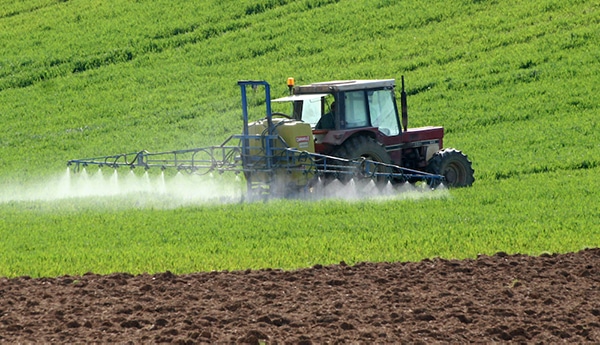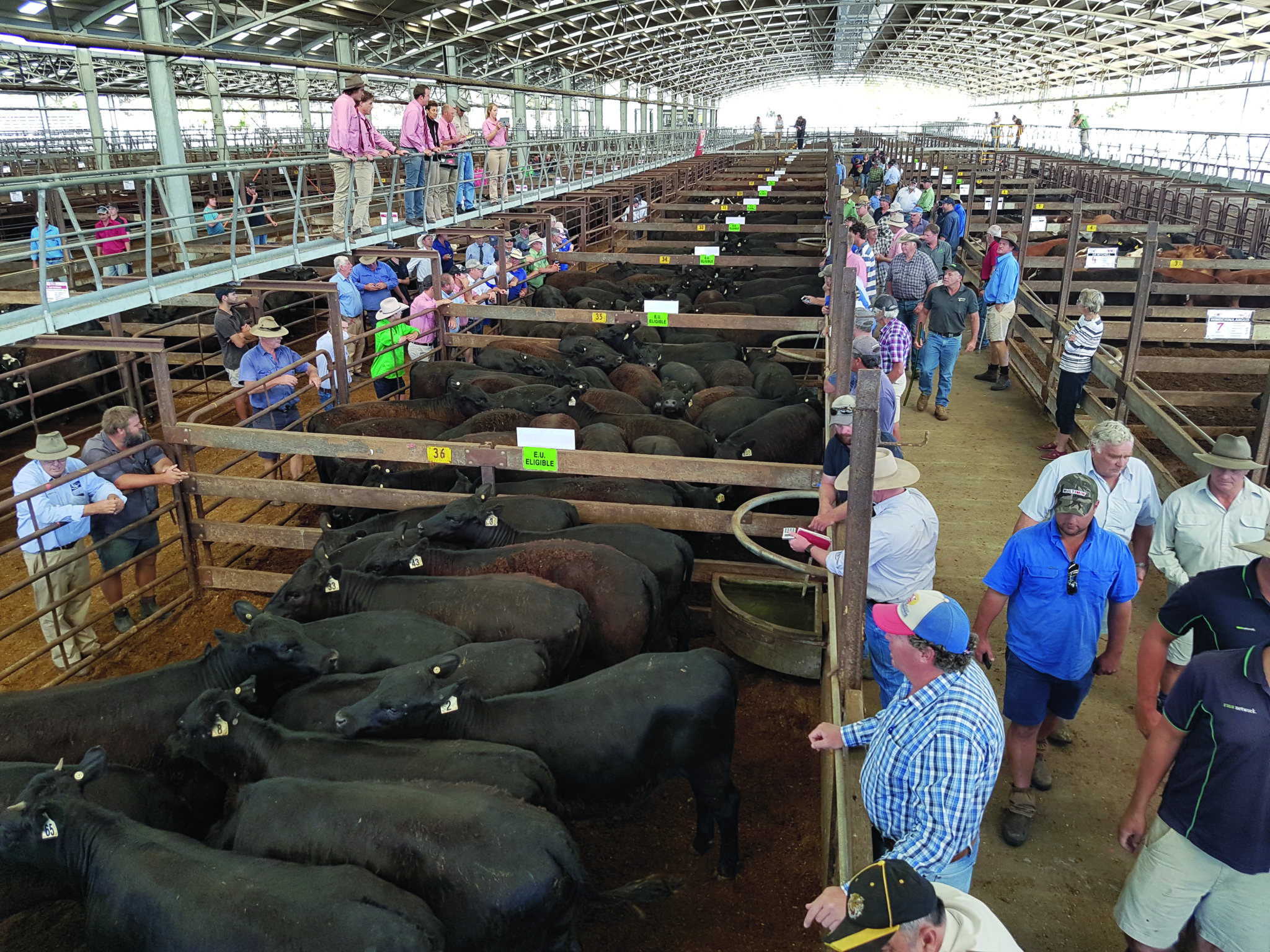Her life in my hands – the Robyn Neilson story is a poignant reminder of the importance of preparing for a workplace emergency. The film explores the impact a traumatic event can have on workers and first responders. It highlights the need for workplaces to always have well-designed, guarded and properly maintained equipment and first aid supplies readily available.
Released by Workplace Health and Safety Queensland (WHSQ), the film tells of Robyn’s heroic actions when she found her neighbour with life-threatening injuries after her arms had caught in a post-hole digger.
Robyn, a trained nurse, responded quickly and effectively and in the two hours before the Royal Flying Doctor Service could get to the isolated Central Queensland property, she single-handedly kept her critically injured neighbour alive.
Robyn talks about the importance of having safe work procedures in place including an emergency plan and first aid equipment ready. Her story covers the importance of safety around machinery on farms, the need to ensure it is properly guarded, and only using well-designed, correct equipment for the task.
Robyn’s story also explores her experience with post-traumatic stress disorder after the incident and highlights the importance of seeking support – or encouraging your workers to seek support – when it’s needed.
As a WHSQ Safety Advocate, Robyn joins a team of otherwise ordinary Queenslanders whose lives have been dramatically impacted by a work injury, or who have lost loved ones to work injury or disease. Her message to employers and workers is very clear – you must be prepared for a serious injury to happen, and you must ensure safety is top of everyone’s mind on your property.
Robyn said while workplaces might manage safety well, isolated or potentially dangerous jobs required extra considerations – being prepared for the worst to happen.
“Like every workplace, it’s important to follow basic safety rules like using the right machinery correctly, properly training workers, and having an evacuation plan in place. But if you are on a farm or in an isolated location, you must go that next step and be ready for if things do go wrong,” Robyn said.
“Ensure all your workers have a current first aid certificate – and get chance to practice the basics, otherwise they’ll freeze up if it actually happens.
“Everyone on your property must know the exact location – the coordinates of the nearest airstrip that’s big enough for an RFDS plane to land on.
“Likewise, they must know where the closest medical outpost and road transport emergency service are.
“And don’t overlook the simple things which can cause huge delays – leaving gates unlocked and accessible for emergency services, making sure your property is signposted and numbered, and keeping landing strips in good condition.”
Queensland businesses can request a free visit from Robyn to talk to their workers about the importance of preventing workplace injuries, but also of preparing for the worst.
Robyn shares how exposure to traumatic workplace incidents can affect the mental health of your colleagues, first responders, and their families, and the importance of seeking support.
WHSQ’s Safety Advocates have all experienced first-hand the impact that a work-related injury or death has on a worker, their family, friends and colleagues. They share their personal stories to compel workers and employers to think about their most important reason for workplace safety.
An advocate can attend your event – whether it’s your annual staff barbecue or a regular workplace safety meeting – to speak to workers, supervisors and managers about the importance of safety in the workplace.
Head to worksafe.qld.gov.au to view Robyn Neilson’s story and learn why preparedness is absolutely vital. WHSQ encourages you to share this powerful film with your colleagues, customers, friends and family to remind them to keep safety top of mind.
For more information visit worksafe.qld.gov.au or call 1300 362 128.
Personal experiences bolster safety message
Garry Nichols is also a WHSQ Safety Advocate. Garry was an experienced farmer when he lost his leg because of a tractor rollover. He suffered traumatic injuries when his tractor hit a hidden rock, rolled and crushed his lower body.
He also lost his farm because of the financial hardship that followed.
“A small lapse in concentration and you could end up seriously injured—or worse. In my case it was a tractor. You may be driving home or walking across the road. A split second is all it takes.”
Between a rock and a hard place – Garry’s story shows how a moment of complacency in the workplace can lead to severe physical, emotional and financial problems.
Too fast too soon – Domenic’s story
Jodie and Mario Cocco joined WHSQ’s Safety Advocate program because their son Domenic suffered life-threatening injuries after crashing his quad bike into a power pole. Domenic was just seven years old, was not wearing a helmet and had not had any formal training.
“Before riding a quad bike, make sure you, your workers and your family have had formal training, wear a helmet, use the right sized quad bike and never ride double,” Jodie said.
Too fast, too soon – Domenic’s story shares the impact of the split second decision to allow Domenic to ride a quad bike without a helmet. Domenic is now a traumatic brain injury survivor.

WHSQ SAFETY ADVOCATES: Michael Garrels, Jed Millen, Robyn Neilson, Garry Nichols, Bill Martin, Gavan McGuane, Mario and Jodie Cocco, Deb and Dan Kennedy, Julie and Don Sager.
For more information visit worksafe.qld.gov.au
Article kindly provided by Workplace Health and Safety Queensland





